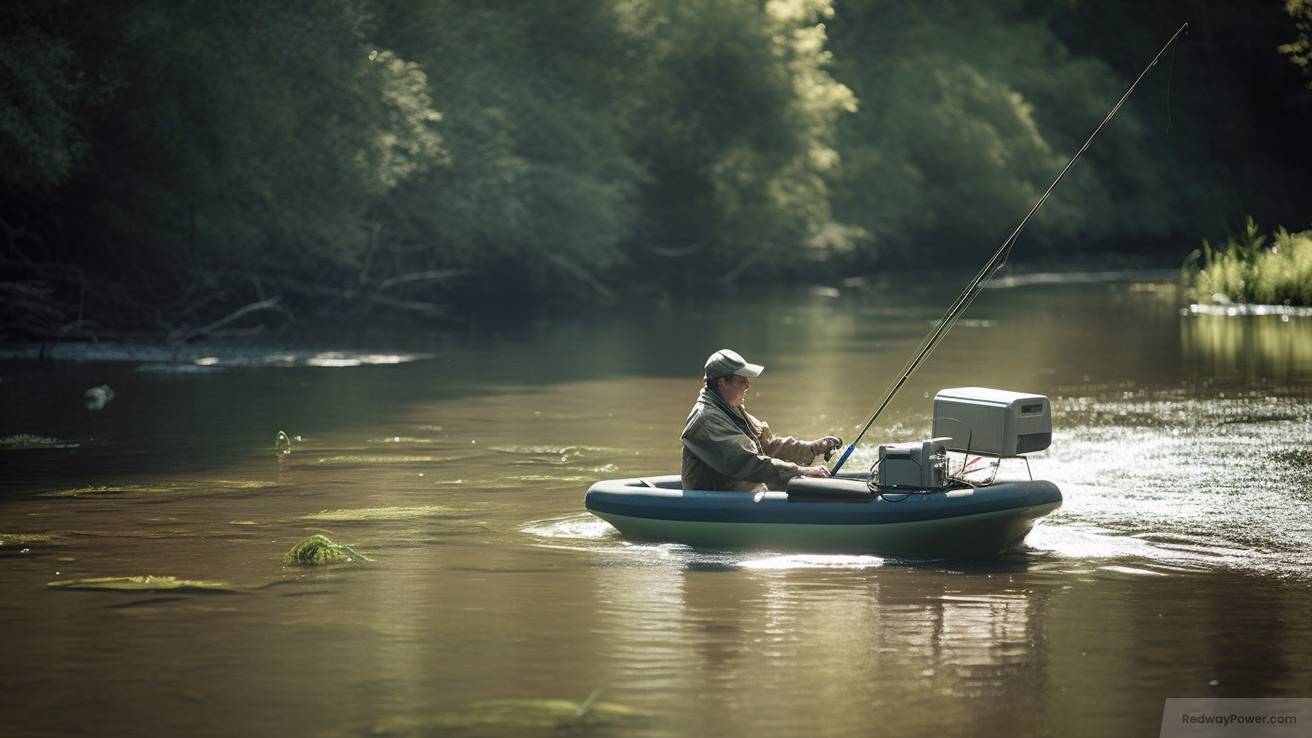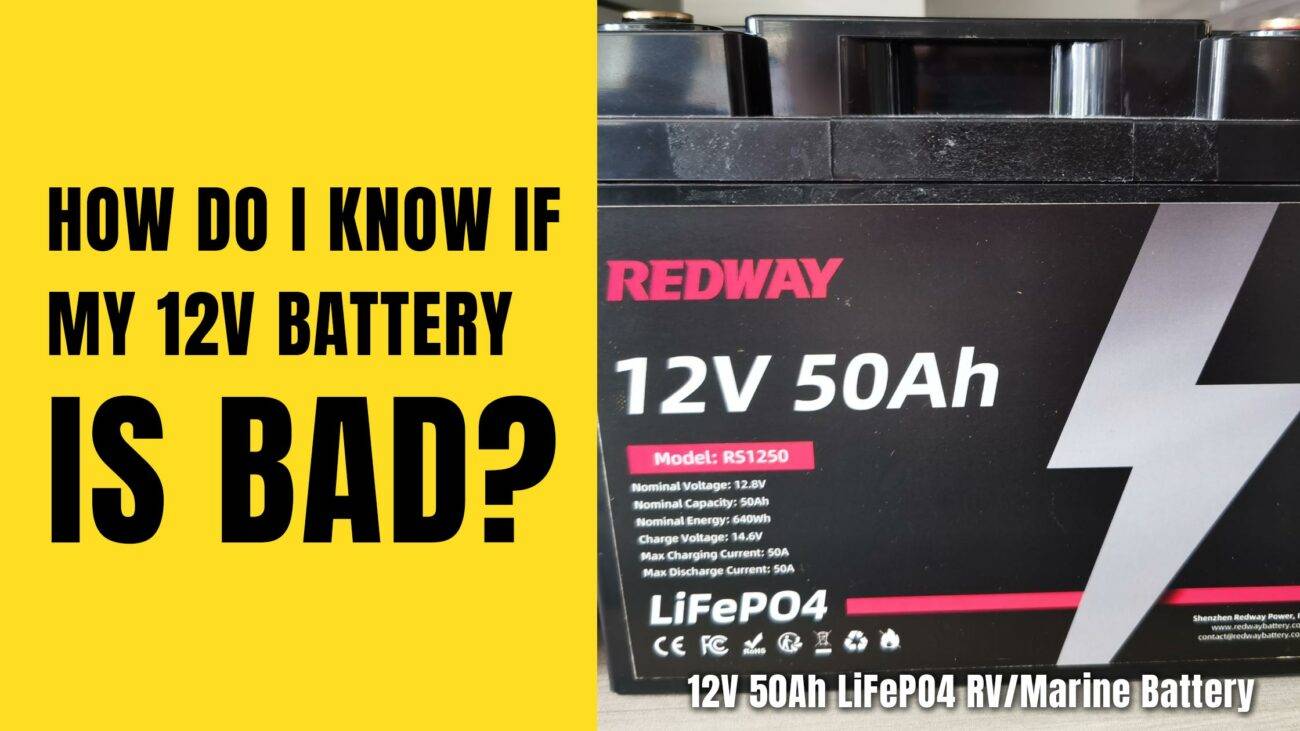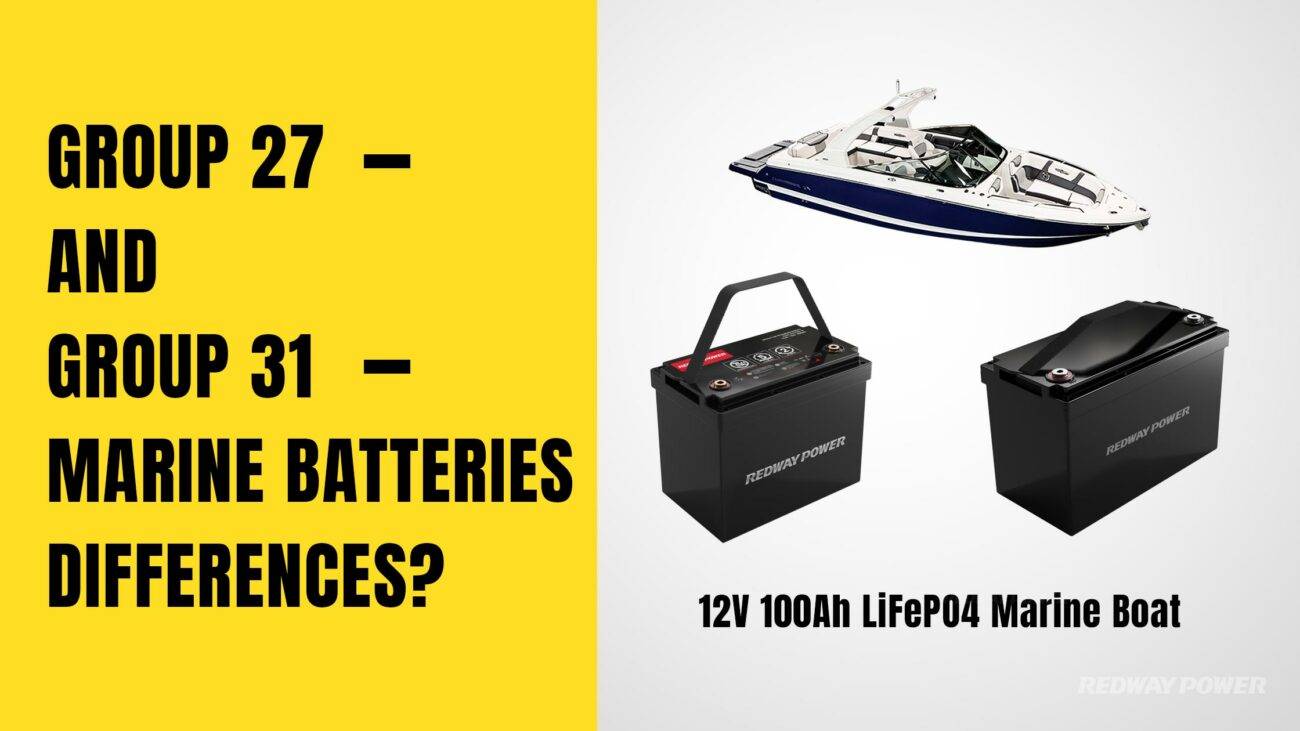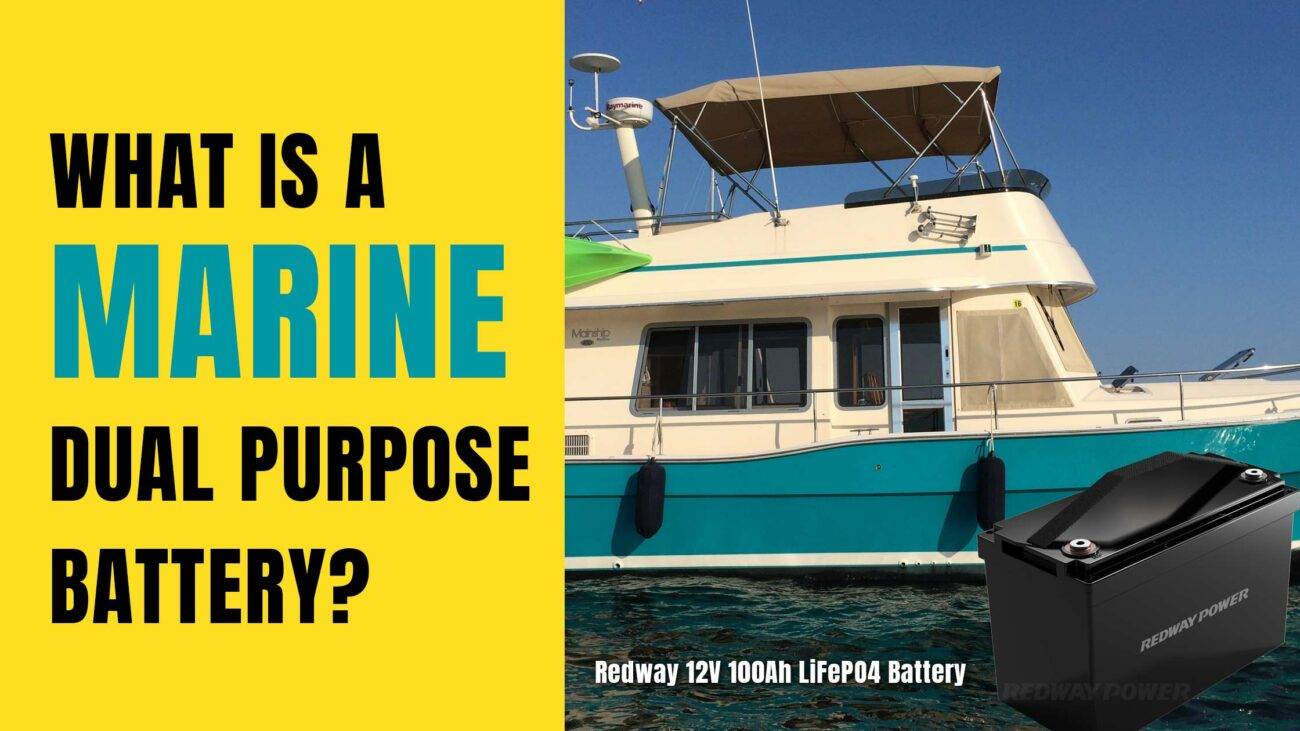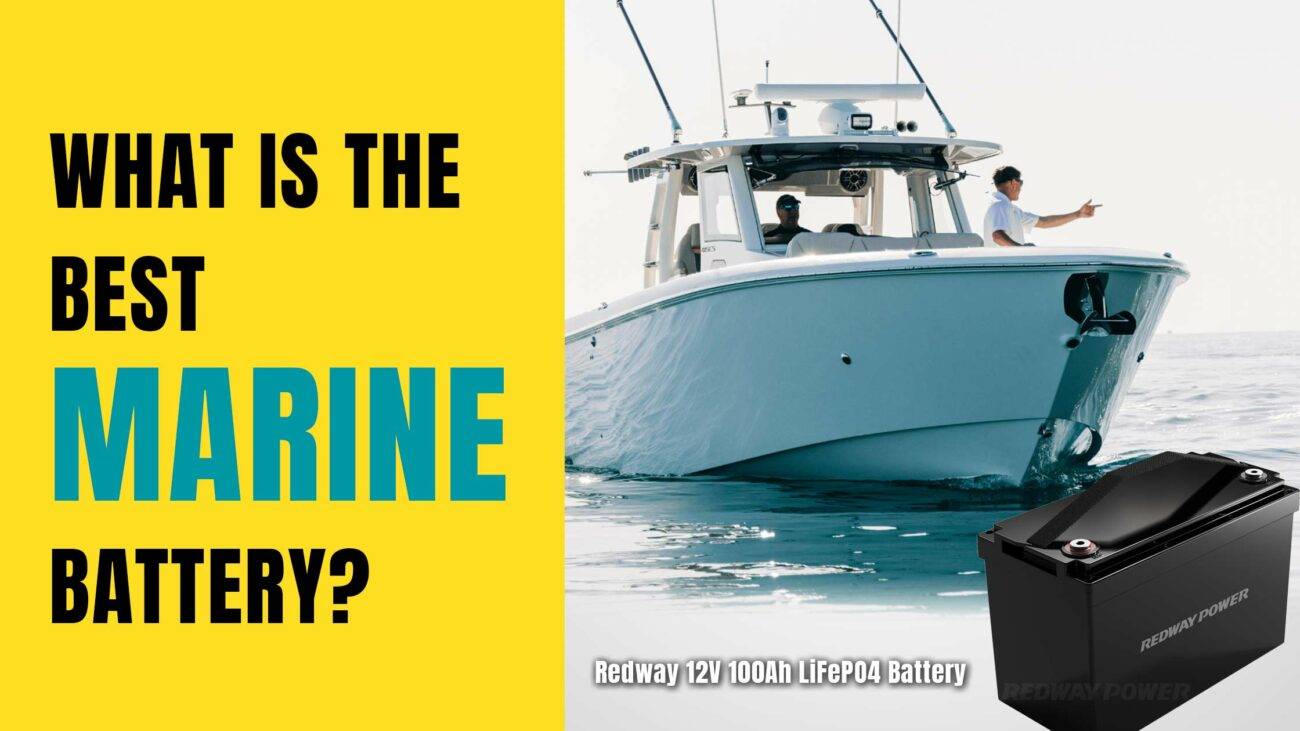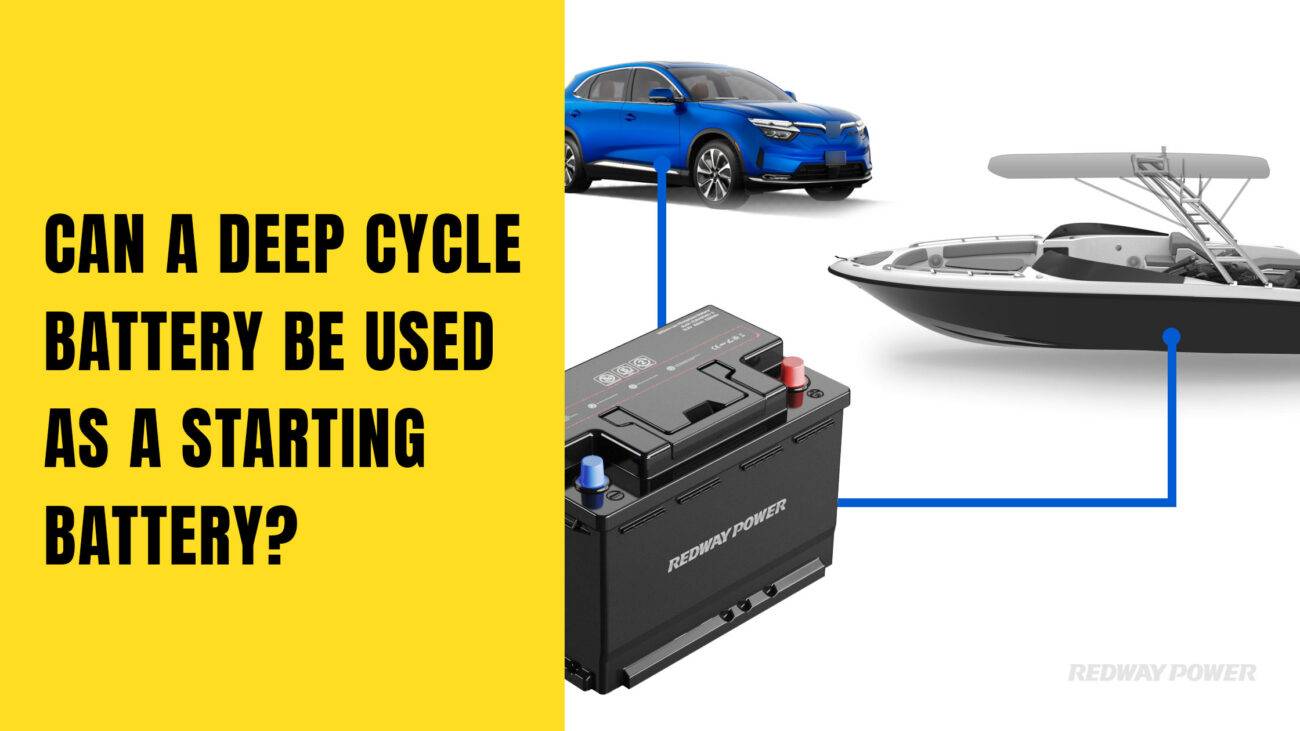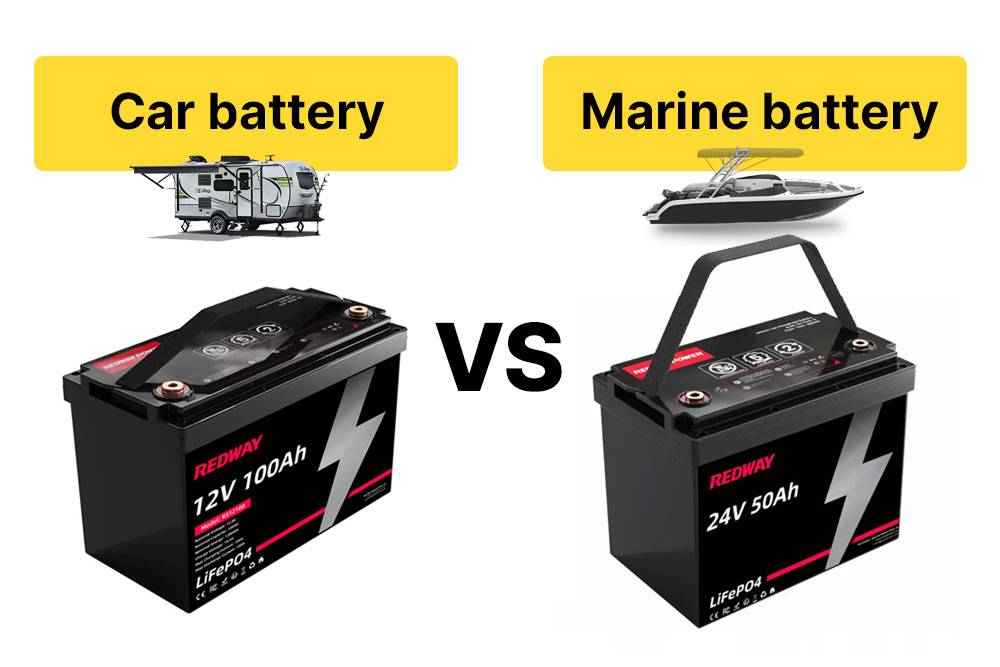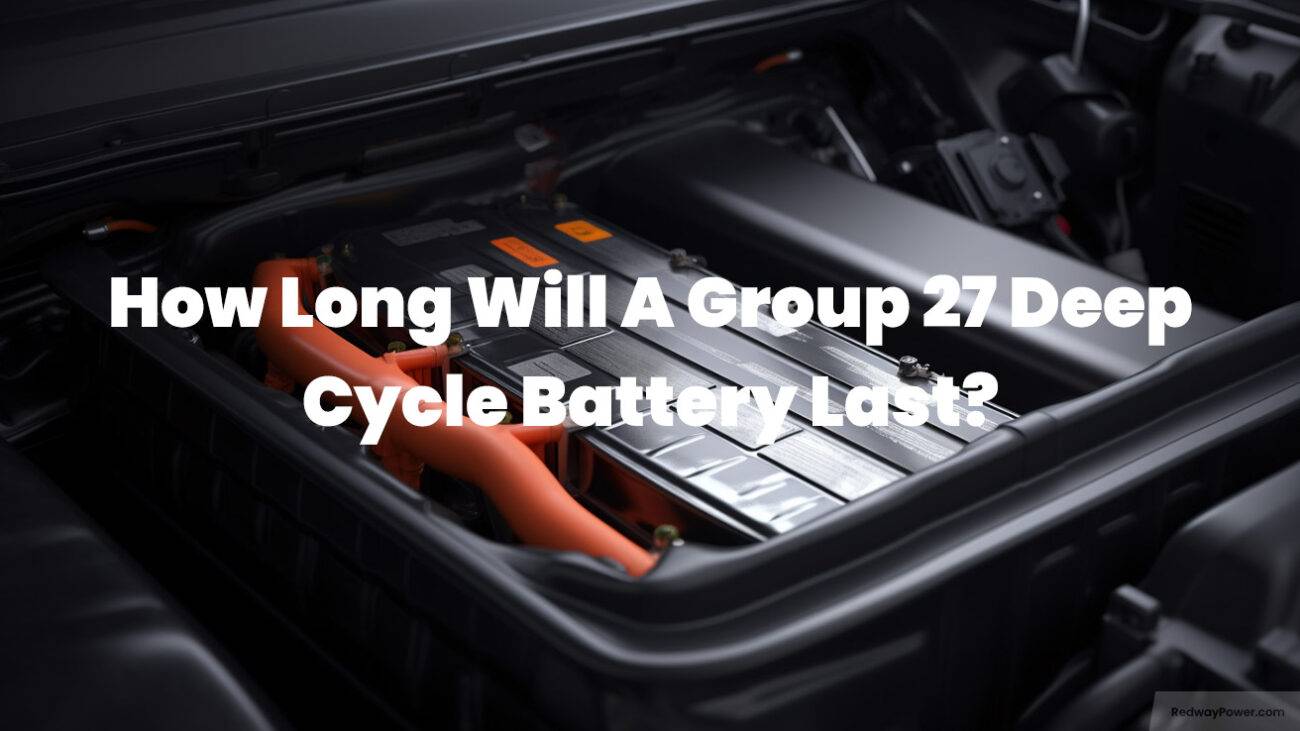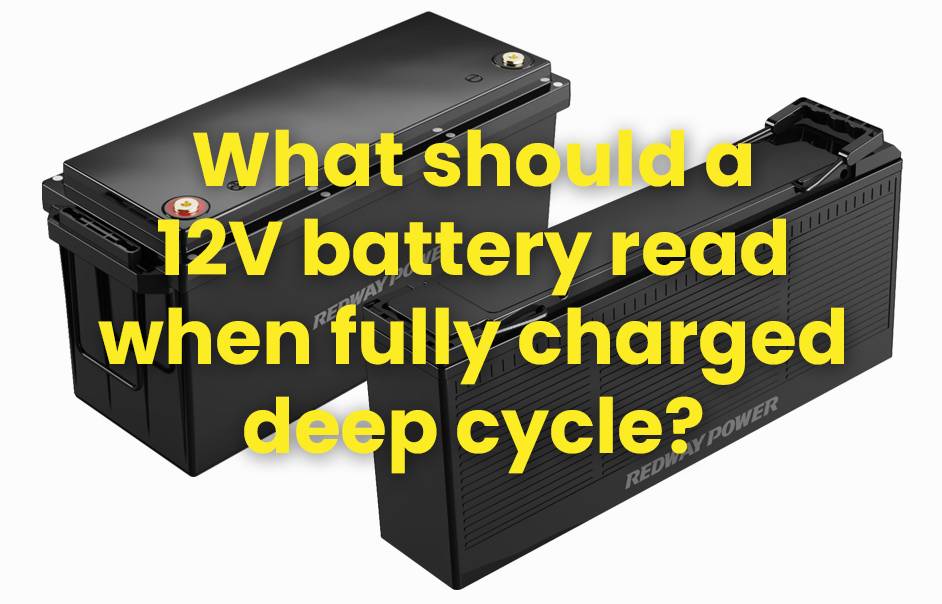What is a deep cycle battery?
Curious about deep cycle batteries? Let’s break it down. These batteries are designed for steady power over time, commonly used in marine vessels, RVs, and renewable energy systems. Here’s what you need to know:
- Steady Power Delivery:
- Deep cycle batteries provide a consistent amount of power over an extended period, perfect for applications like marine vessels, RVs, and renewable energy systems.
- Multiple Discharge/Recharge Cycles:
- Unlike car starting batteries, deep cycle batteries can handle frequent discharge and recharge cycles without losing capacity. They’re built with thicker plates for durability.
- Deeper Discharge Ability:
- A key feature is their ability to be discharged more deeply compared to other battery types, making them ideal for prolonged use without immediate recharging.
- Versatile Applications:
- Used in various applications requiring sustained power, but not all deep cycle batteries are suitable for marine use due to specific requirements like vibration resistance.
In summary, deep cycle batteries are specially designed for consistent and prolonged power delivery, making them ideal for specific applications where sustained power supply is essential.
What is a marine battery?
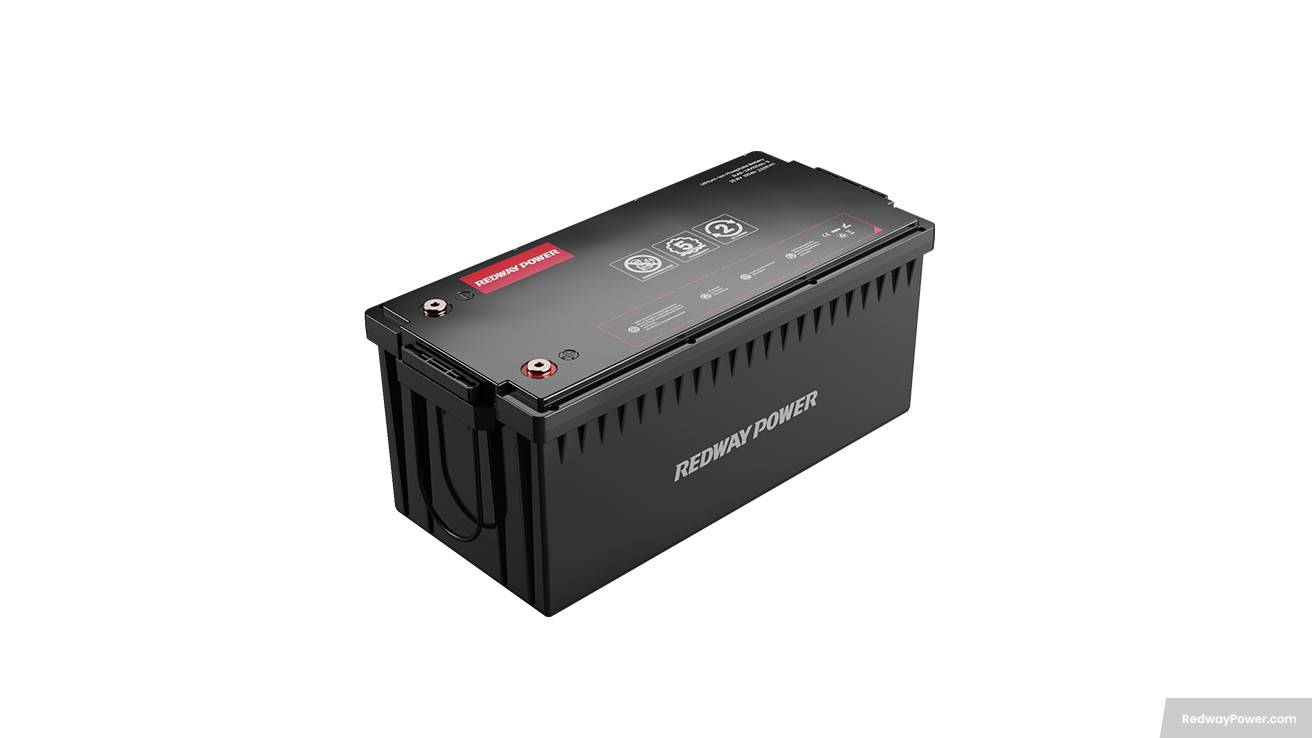
Wondering about marine batteries for your boat? Let’s simplify it. Designed specifically for marine use, these batteries power various onboard systems. Here’s what you need to know:
- Purpose and Durability:
- Marine batteries are tailored for boats, providing a steady flow of power over time, enduring sea conditions like vibrations, moisture, and saltwater exposure.
- Types of Marine Batteries:
- Choose from flooded lead-acid (affordable but requires maintenance), AGM (maintenance-free with a longer lifespan), and gel cell batteries (durable but can be more expensive).
- Choosing the Right One:
- Consider factors like capacity, reserve capacity, size constraints in your boat, and budget when selecting a marine battery. Each type has its advantages, so pick the one that fits your needs.
In summary, marine batteries are designed for boats, offering steady power with different types catering to various preferences and needs. Consider your boat’s requirements and your budget for the best choice.
The key differences between deep cycle and marine batteries
Deep cycle and marine batteries have distinct purposes, and understanding their differences is essential. Let’s break it down:
- Deep Cycle Batteries:
- Designed for a steady, prolonged power supply, commonly used in renewable energy systems, golf carts, and electric vehicles. Thicker plates allow deep discharges without damage, ideal for off-grid use and continuous power.
- Marine Batteries:
- Specifically crafted for boats, enduring harsh conditions like vibration and constant movement. Thinner plates enable quick bursts of power, suitable for engine startups and short trips on water bodies.
- Considerations for Choosing:
- Deep cycle batteries are heavier and more durable, ideal for sustained heavy usage. Marine batteries, lighter, often feature dual terminals for easy boat installation. Choose based on your specific needs – sustained power or reliable bursts for boating.
In summary, the choice between deep cycle and marine batteries depends on your application. For continuous and lasting power, opt for deep cycle batteries, while marine batteries are suitable for reliable bursts during short boat trips. Remember, proper maintenance is crucial for optimal performance.
Which type of battery is best for your needs?
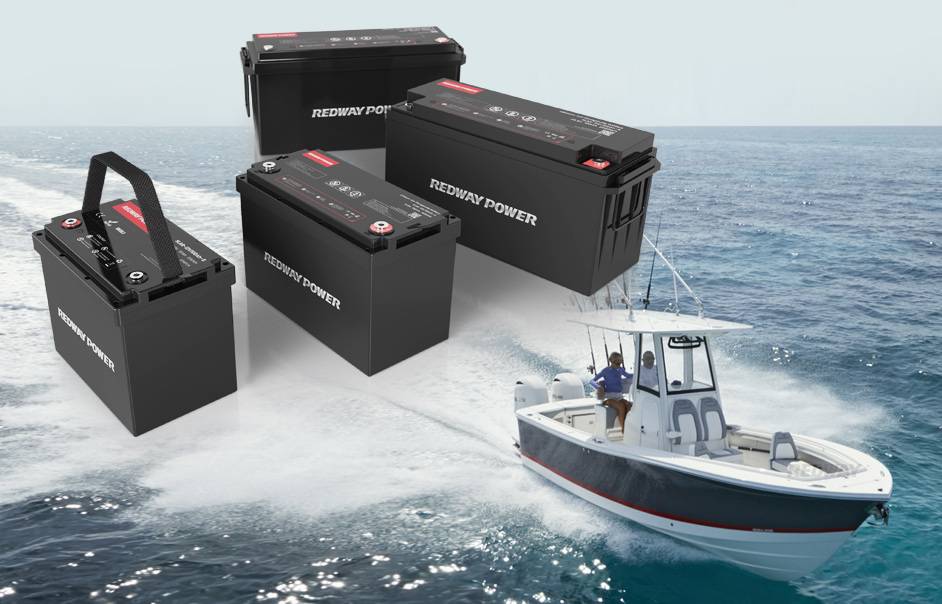
Choosing between deep cycle and marine batteries depends on your specific needs. Let’s simplify the decision-making process:
- Deep Cycle Batteries:
- Optimal for long-lasting power over an extended period, suitable for RVs, golf carts, and renewable energy systems. Ideal if you require a steady power supply.
- Marine Batteries:
- Tailored for boating, offering durability and resistance to vibrations. Dual-purpose capabilities make them suitable for starting engines and providing reliable onboard power.
- Consideration Factors:
- Evaluate capacity, discharge rate, maintenance needs, and cost before deciding. Regular maintenance, such as inspecting terminals and keeping the battery charged, is crucial for prolonged lifespan.
In summary, choose based on your specific application – steady power over time or reliable bursts with marine capabilities. Understanding these differences ensures you select the best battery for your needs.
Tips for maintaining your deep cycle or marine battery
Maintaining your deep cycle or marine battery is crucial for longevity and performance. Simplifying the care process, here are practical tips:
- Check Water Levels Regularly:
- For deep cycle batteries, ensure regular checks and replenishment of distilled water to maintain optimal levels in the cells.
- Clean Terminals Thoroughly:
- Combat corrosion on battery terminals by using a mixture of baking soda and water. Clean with a brush to ensure efficient electrical connections.
- Proper Charging Practices:
- Follow manufacturer instructions for charging rates to prevent overcharging or undercharging. Avoid leaving the battery discharged for extended periods.
- Cool Storage Environment:
- Store your battery in a cool place away from direct sunlight, preventing accelerated self-discharge rates caused by high temperatures.
- Disconnect During Inactivity:
- When not in use for an extended period, disconnect the battery to prevent unnecessary drain and preserve its charge.
- Regular Cleaning:
- Inspect the battery for dirt, debris, or leakage. Clean the exterior casing with mild soap and water, avoiding excessive moisture inside sensitive components.
By adhering to these maintenance tips, you can enhance the lifespan and reliability of both deep cycle and marine batteries. Remember, the choice between the two depends on factors like power requirements, discharge cycles, budget constraints, and intended usage scenarios.

